John Scanlon, the CEO of Suez, Kevin Bradshaw, Viridor’s CEO, and Claire Shrewsbury, director of insights and innovation at resources charity WRAP, made their demands yesterday (22 September) at a discussion chaired by letsrecycle.com editor Steve Eminton at the RWM trade show in Birmingham.
Mr Bradshaw said the introduction of EPR should drive investment in infrastructure, while the introduction of the plastics tax should drive demand for recycled material.
However, he said the sector needed clarity from government and through policy to show exactly how the funds generated by EPR would “flow” through the system.
Mr Bradshaw said: “The whole set of reforms contained within the Resources and Waste Strategy have to work in tandem to turbocharge private investment in recycling infrastructure.”
It is estimated that it will cost £2.7 billion to collect and reprocess packaging material under EPR, and the burden of costs will fall to manufacturers and retailers.
Mr Bradshaw said it was still “unclear” how exactly the money would fund infrastructure. Mr Scanlon called for the appointment of a scheme administrator “as soon as possible” so the private sector knew which direction to move in.
DRS
Each panellist also expressed scepticism about the imminent introduction of a deposit return scheme (DRS).
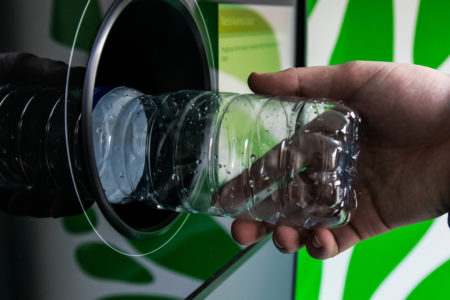
Mr Scanlon said it was the “wrong time” to introduce a DRS, given the last 18 months had seen a shift to more people working from home. He suggested kerbside collections would be more effective.
He also said the introduction of modulated fees under EPR would drive changes in packaging, and so the government should “wait and see” if the DRS was still needed.
“In the last 10 to 15 years there’s been an amazing transition from landfill to energy from waste,” Mr Scanlon said. “In the next 15 years we should focus on EPR and recycling and leave the DRS to the future.”
Ms Shrewsbury said WRAP would prefer an ‘on the go’ to an ‘all-in’ model, as it could be used to tackle litter.
However, she too expressed concerns about the introduction of a DRS, saying she was “not pleased” to have to change behaviours for a policy that could be introduced just to please the public.
“The public are wearing rose-tinted glasses and think the DRS is a panacea,” she said.
She also suggested the introduction of a DRS could see recycling rates drop, as the public may see cardboard as having no value if they do not receive money for recycling it.
EfW
Mr Bradshaw also mentioned EfW, claiming it was a “common misconception” that it restricted the “appetite” for recycling. Instead, he said, it was the “absolute opposite”, with recycling and EfW working “hand in glove” as part of a “symbiotic relationship”.
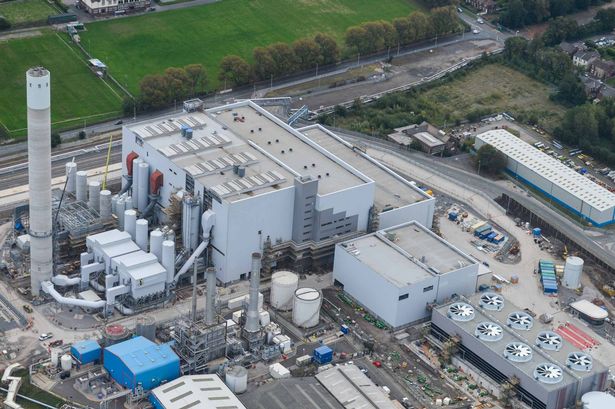
The key challenge, Mr Bradshaw said, was improving recycling and preventing plastics from getting into the residual waste stream. At present, plastics make up 20%, he claimed. Plastics and polymers can have an adverse effect on the operation of EfW plants due to their high calorific value.
Mr Bradshaw said Viridor was looking at ways to extract plastics from the waste stream so they could be treated in a “much less environmentally impactful way”. He said policy drivers during the next five years would be “crucial”.
Prevention and reuse
When conversation turned to waste prevention and reuse, Mr Scanlon said the focus on recycling obscured opportunities to push alternatives.
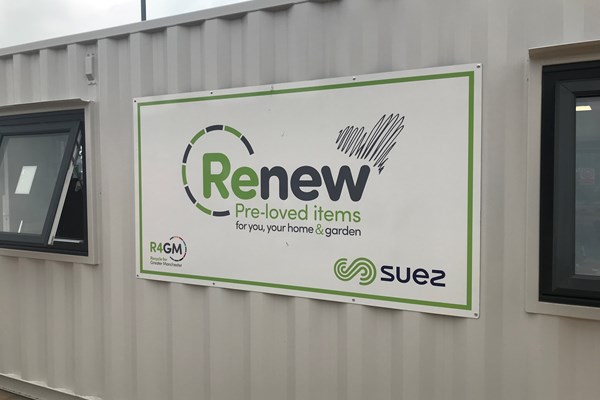
He pointed to the good work done by reuse shops, including the network run by Suez and the three recently opened by the waste management company in Manchester.
Ms Shrewsbury concurred about the importance of reuse hubs, provided they were “impactful” and attracted a significant volume of material.
However, she added that the consumer had to take greater responsibility. She said consumers needed to “hold up a mirror to ourselves” and switch to alternative service models such as renting clothes.
Behaviour
Ms Shrewsbury suggested the key to driving reuse and waste prevention was to change behaviours. She said WRAP was working to make recycling behaviours a “social norm”.
She said that whereas councils may previously have used a slogan such as “recycle for Birmingham”, they should now switch their message to “Birmingham recycles”.
Mr Scanlon said Suez was trying to change behaviours by becoming a member of the communities in which it worked. He said it was doing so through activities such as beach cleans, litter picking, and inviting the public on visits to plants.
Mr Bradshaw agreed that changes in behaviours were “only going to happen if we make it easy for people”.





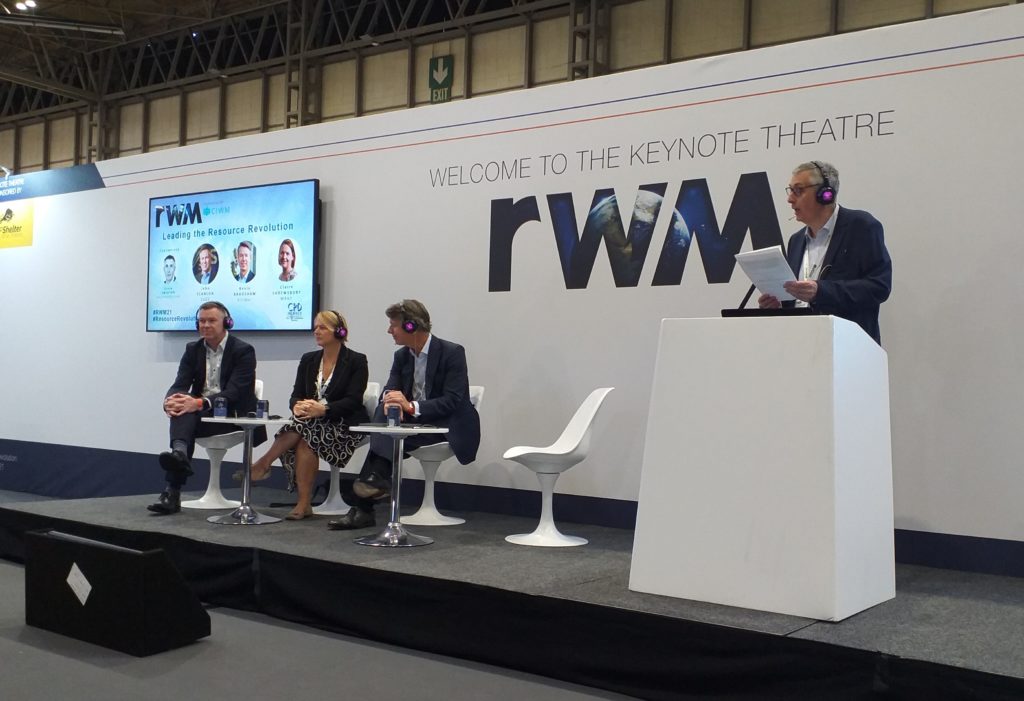
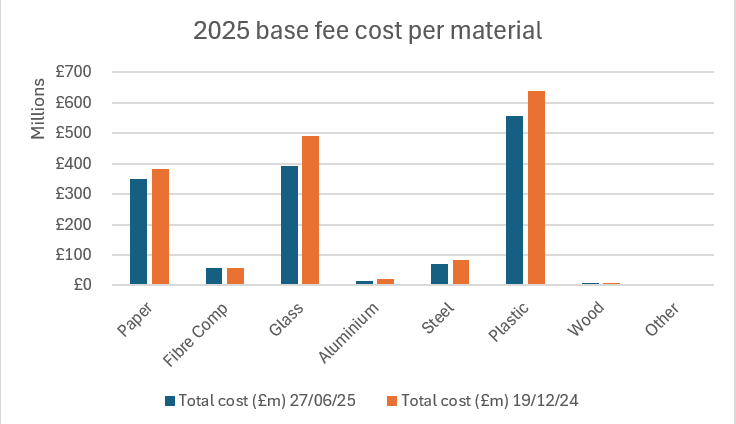


Subscribe for free